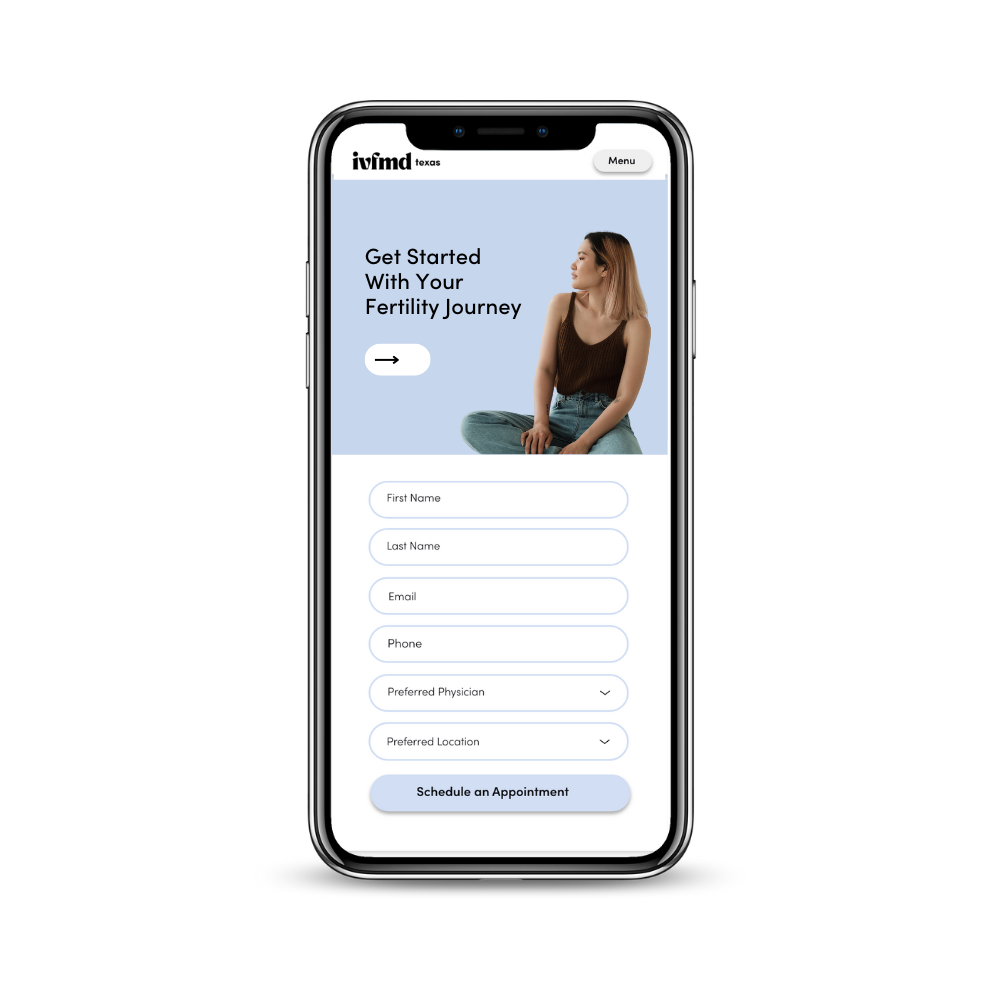Many women still want their child to have a genetic link to their male partners.
When you carry a child, you develop a special maternal bond throughout the pregnancy.
The live birth rate of our donor egg IVF program has been consistently higher than the national average.
How Donor Egg IVF Works
Choose a Donor
Your donor can be anonymous or be a friend or relative and the ideal age is between 22-32. The egg donor will provide their medical history, family medical, genetic history, physical descriptions, and additional information like special interests and talents.
Donor Screening
The donor will complete a screening process, including psychological analysis, interviews and a physical examination. The physical screening involves a pelvic sonogram and two blood tests to screen for communicable diseases.
Ovarian Stimulation
We will suppress the recipient’s ovaries with Lupron, an injectable medication that prevents the pituitary gland from sending signals that stimulate the ovaries. Estrogen is also used to stimulate uterine lining growth.
Prepare for Egg Retrieval
The egg donor will begin injectable medications that stimulate the ovaries and will undergo intense monitoring, including sonograms and blood work 10-12 days before retrieval. We will monitor the recipient’s uterine lining with sonograms and blood tests.
Egg Retrieval
During the egg retrieval, the donor will be under IV sedation. We’ll collect the eggs and fertilize them with sperm from the recipient’s partner.
Prepare for Implantation
The female partner starts using progesterone to prepare her endometrium for implantation. At IVFMD, we recommend a vaginal form of progesterone that totally avoids the painful intramuscular injections preferred at some other programs.
Embryo Transfer
Five days after the retrieval, we will perform the embryo transfer. Recipient continues using estrogen and progesterone.
Pregnancy Testing
Ten days after the embryo transfer, the recipient takes a pregnancy test. If pregnant, she will continue the hormone regimen until the 10-11th week of pregnancy, when production of estrogen and progesterone from the placenta are sufficient to maintain the pregnancy.
FAQ
Where can I find an egg donor?
There are a variety of resources to find egg donors in Texas. They may be a family member, friend or someone you know. You can also engage an agency to source an egg donor for you. At IVFMD, we can recommend a list of Egg Banks that we work with.
How should I choose an egg donor?
Once candidates have passed the physical and psychological screening, there are many criteria you might consider when choosing a donor. You may choose based on characteristics such as eye color, hair color, height, personality, education, or family background. Our specialists will support you throughout this critical process.
Can I freeze unused embryos for future use?
Yes, if the embryos reach the advanced (blastocyst) stage of development, we select one or two of them for transfer. You can freeze the remaining embryos that meet freezing criteria.

